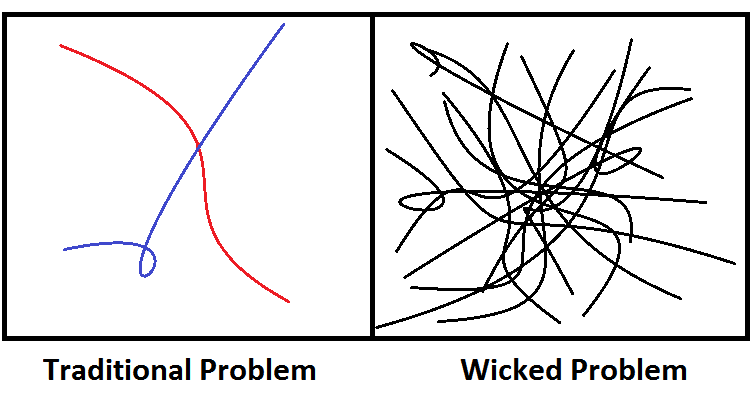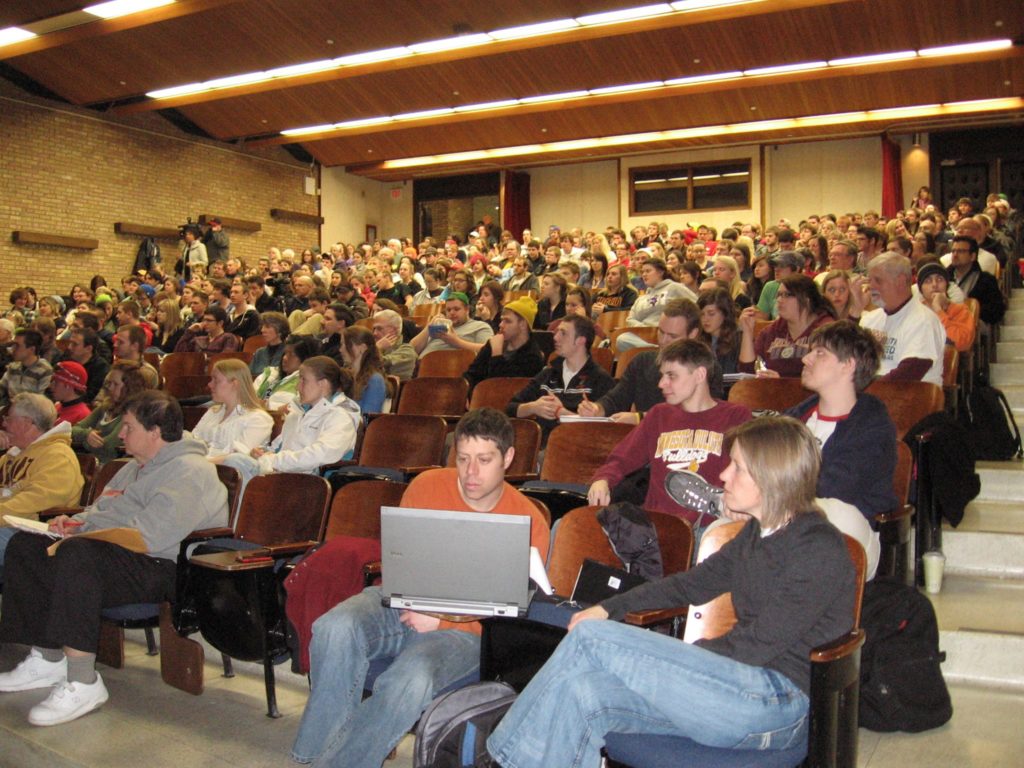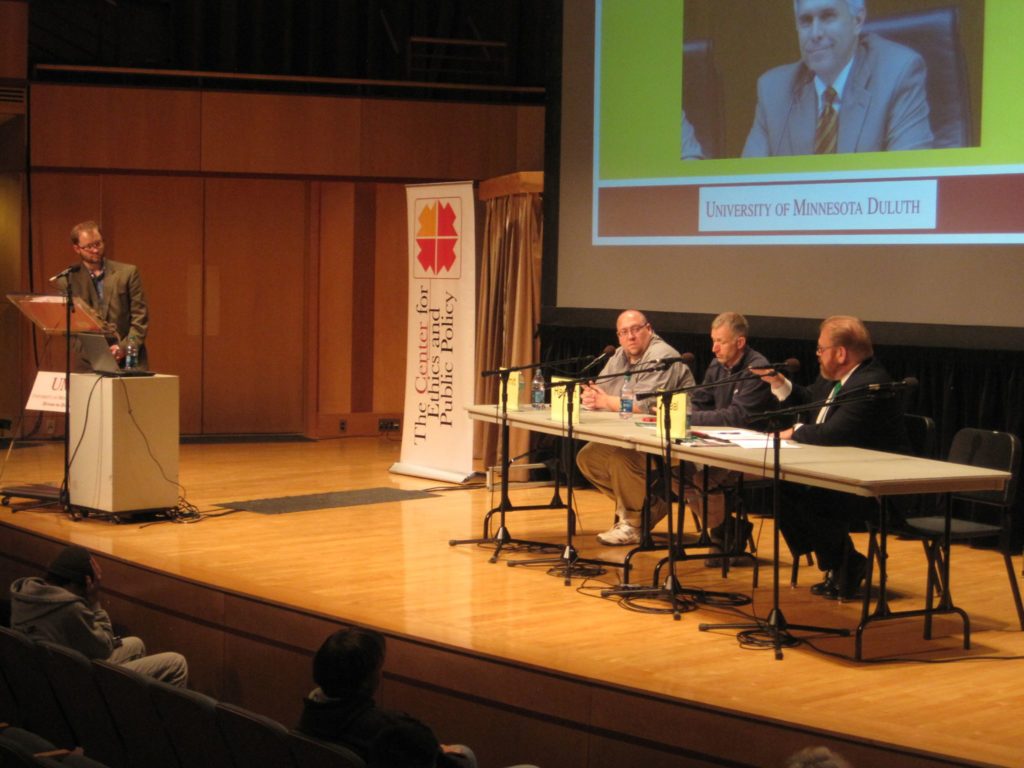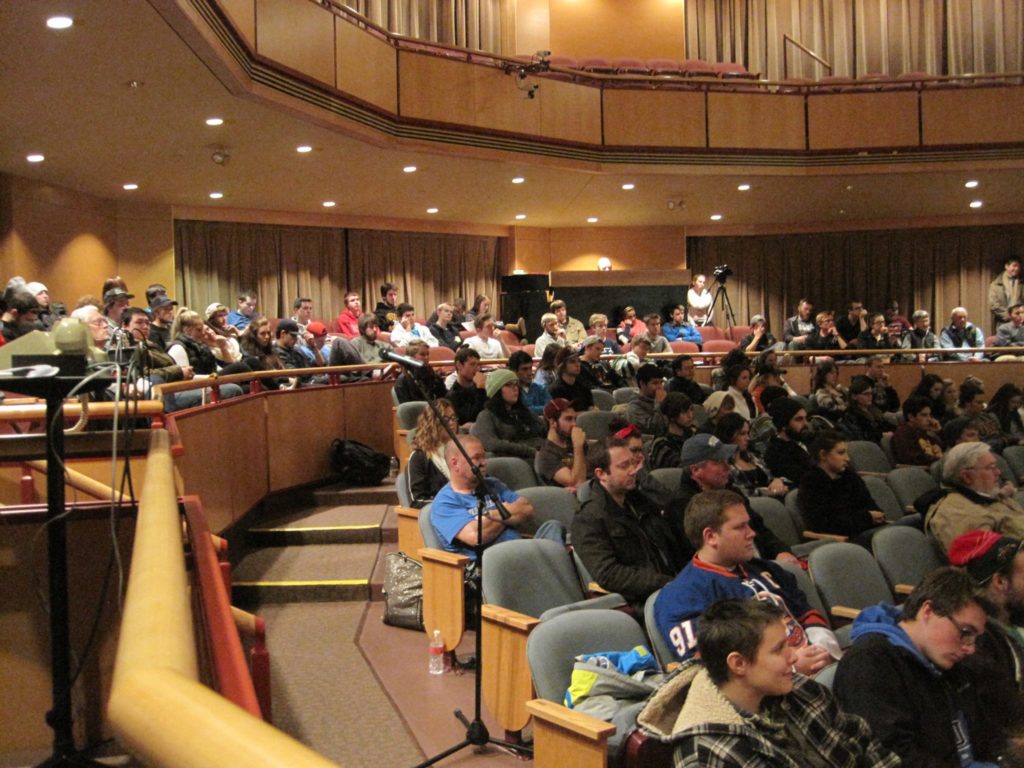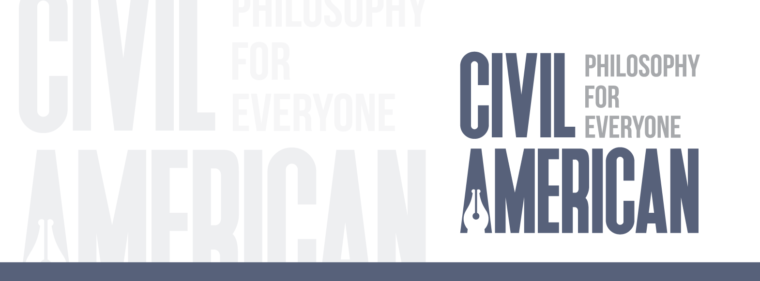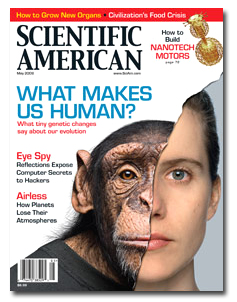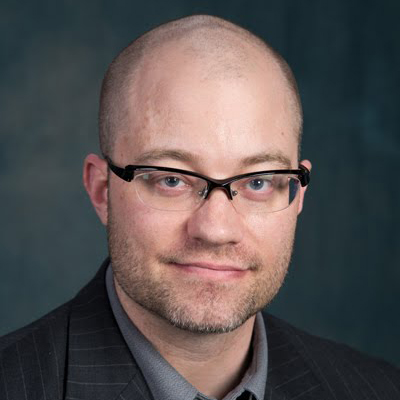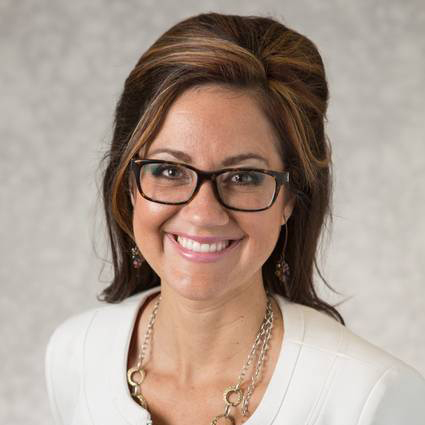
Dr. Lake is assistant professor in the department of Liberal Studies at Grand Valley State University, with her Ph.D. in Philosophy. In 2016, she was honored with the John Lachs Award for Public Philosophy from the Society for the Advancement of American Philosophy. She is the author of Institutions and Process: Problems of Today, Misguided Answers from Yesterday (2008), in addition to many journal articles.
Listen for our “You Tell Me!” questions and for some jokes in one of our concluding segments, called “Philosophunnies.” Reach out to us on Facebook @PhilosophyBakesBread and on Twitter @PhilosophyBB; email us at philosophybakesbread@gmail.com; or call and record a voicemail that we play on the show, at 859.257.1849. Philosophy Bakes Bread is a production of the Society of Philosophers in America (SOPHIA). Check us out online at PhilosophyBakesBread.com and check out SOPHIA at PhilosophersInAmerica.com.
(1 hr 9 mins)
Click here for a list of all the episodes of Philosophy Bakes Bread.
Subscribe to the podcast!
We’re on iTunes and Google Play, and we’ve got a regular RSS feed too!
Notes
- Jostein Gaarder, Sophie’s World (2007).
- Jean Paul Sartre, “Existentialism Is a Humanism,” Online for free, or on Amazon.
- Epictetus, Handbook (aka Enchiridion), Online for free, or on Amazon.
- The Internet Classics Archive.
You Tell Me!
For our future “You Tell Me!” segments, Dr. Lake proposed the following question in this episode, for which we invite your feedback: “How can you today step across the divides that we have and engage and advocate for progress with regard to the shared problems that we face?” What do you think?
Let us know! Twitter, Facebook, Email, or by commenting here below!


